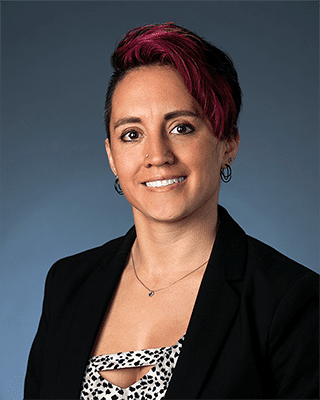Yes, Colorado is a “no-fault” divorce state.
The Court does not assign fault to either spouse during divorce proceedings and does not consider any alleged bad behavior when handling divorce proceedings.
This can help reduce the acrimony that occurs during court proceedings, and it also makes it easier for judges to navigate complex asset division cases.
“Bad behavior” includes affairs and other acts.

A No-Fault Divorce Is Generally Easier to Get Than a Fault-Based Divorce
Officially called “dissolution of marriage” in Colorado, no-fault divorces do not require the warring parties to present evidence of wrongdoing by their spouse.
In the past when petitioning for dissolution of marriage, fault divorces required the party filing for divorce to prove they had “grounds” to do so.
This often resulted in wasted time in court and lost money while each party tried to showcase their partner’s bad behavior.
In fault-based divorces, one party had to prove the other:
- Abandoned the family
- Committed adultery
- Engaged in cruelty or abuse
- Suffered from mental illness
- Committed a serious crime
This lack of tangible proof could make it difficult or impossible to get a divorce.
In a no-fault divorce, one party can file and claim the marriage is “irretrievably broken.”
In many cases, both partners agree this is true even if they disagree about property division or child custody, known as parental responsibilities in Colorado.
With a no-fault divorce, there is no reason to try to prove one spouse abandoned the family, committed adultery, has a gambling addiction, or engages in other behavior that is detrimental to the marriage.
Neither spouse has to take responsibility for the failure of the marriage.
It is not anyone’s “fault.”
Instead, it is something that occurred because of a breakdown in their relationship and is beyond repair.
This alleviates the need for the courts to “punish” or “reward” either party.
Fault Will Not Affect Equitable Division of Assets and Property
Since Colorado is a no-fault divorce state, this limits the factors that come into play when the Judge makes decisions about the division of assets and other financial matters.
Colorado is also an equitable division state, meaning the judge divides all marital property and debt in a way that is fair but not necessarily equal.
Even spousal support decisions depend entirely on an objective consideration of finances.
The judge will look at the current lifestyle, each spouse’s income, their education and training, and their ability to get a job and earn a living.
While one spouse may sometimes receive spousal support because of financial factors, the court will not use “alimony” to punish one spouse for bad or even illegal behavior.
Bad Behavior Can Affect Parental Responsibilities in Some Cases
In general, a parent’s bad behavior will not affect the judge’s decisions about parental rights, parental responsibilities, and visitation.
A Court would not limit a parent’s rights or access to their child to punish them or reward a scorned spouse.
However, there are some instances when one parent’s bad behavior may play a role during a divorce case.
If a parent behaved in a way that could negatively impact the children, the judge needs to know about it and will take it into consideration.
For example, a parent who uses drugs while caring for the children or is physically or emotionally abusive to them may need to have their parenting time restricted.
If something like this happened during your marriage, you should discuss it with a Colorado divorce attorney.
You need a plan to bring it up in court and ensure the judge understands how it is negatively affecting your children.
Further, if your spouse gambled and committed what is called “marital waste” the Court may consider the dissipation of assets.
Talk to a Colorado Divorce Attorney About Your Case Today
At Shapiro Family Law, our team handles divorces and complex litigation in Denver, CO, and statewide.
Laura Shapiro has more than 40 years of experience handling divorces, child custody, child support, property division, and other family law concerns.
We can help you understand what Colorado’s no-fault divorce laws mean for you and explain your options going forward.
You can count on our team to provide you with the individual attention, compassionate counsel, and vigorous advocacy you need and deserve.
Call us today at 303-695-0200 for a consultation with a Denver Divorce Lawyer.



